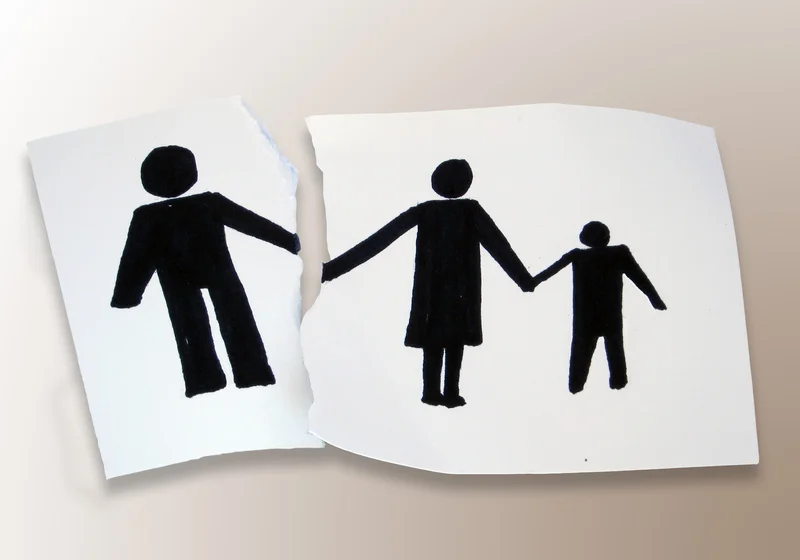
It’s important to be mindful of the potential consequences of alcohol consumption and prioritize hydration and electrolyte replenishment. Key to keeping fluid in check, kidneys filter our blood and produce urine. The result of alcohol then entering the bloodstream disrupts the fluid particle balance that is, before consuming alcohol, typically stable.
Avoid alcohol on hot days

The more you indulge in your favorite alcoholic beverages, the more likely you are to lose water through exhalation. Did you know that too much alcohol prevents proper nutrient absorption and metabolism, preventing them from reaching your cells? Over time, with impaired nutrient absorption, you can develop thiamine (vitamin B) deficiency and face serious zinc and iron deficits. A lack of these important compounds can impair your energy production, making you feel tired and sluggish all the time. Consuming foods with high water content, such as fruits and vegetables, can help counteract the dehydrating effects of alcohol. But if you insist on having a drink or two, there are things you can do to mitigate the dehydrating effects of alcohol.
Increased Fluid Loss through Vomiting

When we consume alcohol, it can lead to enhanced fluid loss through respiration. Alcohol can act as a respiratory depressant, slowing down our breathing rate. The combination of increased urine production, sweating, and enhanced fluid loss through respiration can significantly impact our body’s water content and overall hydration levels.
- Chronic dehydration can lead to kidney damage, liver damage, and other health issues.
- Magnesium is essential for hundreds of processes in the body, from nerve signaling to muscle function to mood balance—but not all forms are created equal.
- But you can certainly ensure you are as hydrated as possible before consuming alcohol.
- These drinks can help to restore the body’s balance of fluids and minerals, reducing the risk of dehydration.
The Impact of Acid Catalysed Dehydration of Alcohol
When ADH levels are decreased, the kidneys excrete more water, leading to increased urine production. This can contribute to dehydration, as the body loses more water than it should. Alcohol acts as a diuretic, which means it stimulates the kidneys to produce more urine. This diuretic effect is why many people experience frequent urination after consuming alcohol.
- Common side effects of dehydrated alcohol include persistent nerve pain, numbness and tingling.
- These can be added to water or juice for quick and lasting hydration (your cells will thank you!).
- In simple terms, alcohol prevents the body from retaining fluids effectively, even if water is consumed alongside it.
- When consumed, alcohol enters the bloodstream quickly; it’s metabolized primarily by the liver.
Symptoms of Dehydration
- Some of the most obvious signs of dehydration caused by alcohol include thirst, headaches and dark yellow urine.
- Ninety to 98% of ethyl alcohol that enters the body is completely oxidized.
- This inflammatory response can exacerbate existing skin issues and lead to increased irritation.
What’s more, as the liver processes and metabolises alcohol, it creates a compound called acetaldehyde, which is also known for its dehydrating effects. This, combined with the suppressed hormone, makes the body prone to dehydration both during and after alcohol consumption. When drinking alcohol, especially in hot weather, avoiding dehydration is very important. That margarita alcohol dehydrates may seem refreshing but the added sugar creates an acidic environment in your body.

Hydration Strategy While Drinking
- Now that you understand the mechanism, it’s crucial to consider key factors that influence the dehydration of alcohol.
- When alcohol is injected in close proximity to nerve tissues, it produces neuritis and nerve degeneration (neurolysis).
- You’re likely to urinate 100 mL more for every standard drink you consume (10 mL of alcohol).
- ADH is responsible for regulating the amount of water reabsorbed by the kidneys.
These components can provide minor electrolyte benefits, especially in lighter beers. For instance, beers with lower alcohol content and higher carbohydrate levels often contain small amounts of sodium and potassium, which assist in retaining fluids. When considering hydration, it’s essential to balance your beer intake with electrolyte-rich beverages, especially after exercise or on hot days. In summary, alcohol’s influence on hormonal regulation greatly affects the body’s ability to maintain proper hydration levels. It is essential to be mindful of these hormonal changes and take appropriate measures to stay hydrated when consuming alcohol. Alcoholics Anonymous Simply put, consuming alcohol affects the body’s ability to maintain optimal hydration levels.

Deixe um comentário